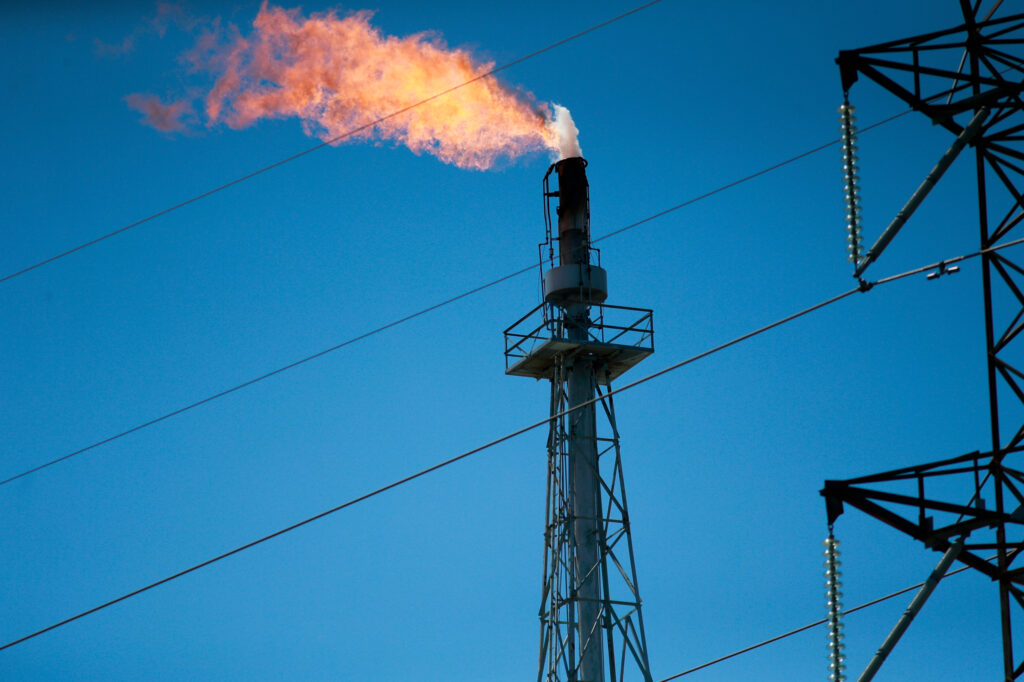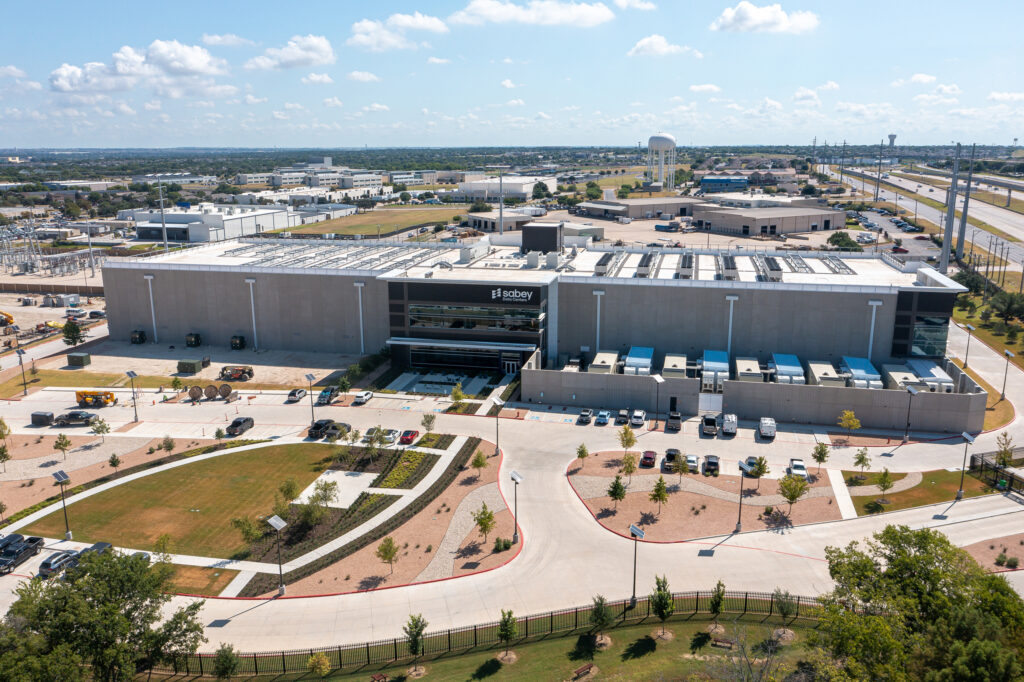Four bills aimed at limiting renewable energy projects in Texas failed during the last legislative session as lawmakers, facing increasing energy demands, found constituents and industry leaders alike turning up in Austin to describe wind and solar projects as now pivotal to the state’s economy and grid.
While the proposals were backed by far-right advocacy groups, opponents from some of the state’s strong business lobby convinced a bipartisan group of lawmakers that the bills were bad for the bottom line.
The debate over the failed bills revealed animus among some conservative lawmakers over the expansion of renewable energy in the oil-rich state. One plan that did land on Gov. Greg Abbott’s desk and awaits his signature is a $5 billion addition for the Texas Energy Fund, a low-interest loan program that incentivizes the development of gas-fueled power plants.
Still, the legislative session offered a glimpse at how the energy landscape in Texas is evolving. With increasing power demands, there is pressure to take an all-of-the-above energy approach.
We’re hiring!
Please take a look at the new openings in our newsroom.
See jobs
Clean energy advocates said the bills aimed at wind or solar farms did not move beyond committee hearings, in part, because the proposals would have impaired overall energy growth and hurt the future reliability of Texas’s energy grid.
The Texas Public Policy Foundation, a conservative Austin-based think tank, argued against the expansion of renewables with a report that estimated clean energy plants are costing the state an additional $2 billion a year because of the power type’s volatility. When the wind isn’t blowing and the sun isn’t shining, fossil fuel power plants have to ramp up and down more frequently to fill in the gaps, which raises costs, the foundation reported.
During testimony from businesses in rural areas, residents and operators said wind farms have proved crucial in providing ready and affordable energy. More broadly, discussions about the state’s energy mix acknowledged Texas’ reliance on old and new energy sources.
Abigail Ross Hopper, president of Solar Energy Industries Association (SEIA), one of the largest solar and battery trade groups, said Texas led by example this legislative session with some notable compromises on renewables. “Texas is the energy capital for a reason,” Hopper said. “The economic reality and math of energy demand prevailed in Austin, and that is a good thing for Texans’ energy bills, the economy and grid reliability.”
The Bills That Failed
One bill that fell short, S.B. 388, would have required every watt of new solar generation to be accompanied by a watt of new gas generation. Critics of the legislation said it would have slowed renewables’ expansion at a time when gas producers are experiencing a global shortage of equipment and materials needed to build power plants.
“If you want to bring dispatchable power to the grid, there are so many different levers you could pull,” said Doug Lewin, an energy consultant in Texas. “But pull the ones that actually help something get onto the grid, not push something else down, which is really what that bill would end up doing.” The bill passed in the more conservative Senate and failed to advance beyond a House committee.
Two bills—companion measures in the House and Senate—would have forced existing wind and solar companies to buy fossil fuel-based power or connect to a battery storage resource to cover the hours the energy plants are not operating. Both renewables and oil company lobbyists saw the legislation as adding unnecessary costs.
This story is funded by readers like you.
Our nonprofit newsroom provides award-winning climate coverage free of charge and advertising. We rely on donations from readers like you to keep going. Please donate now to support our work.
Donate Now
Environmental and renewable trade groups opposed the attempt at so-called “grid firming,” fearing that it would close existing solar and wind farms. The Texas Oil and Gas Association contested the measures over worries that some member’s investments in renewable energy would be harmed. Some of the group’s more than 4,000 members that produce more than 90 percent of the state’s oil and gas, buy power from solar and wind farms to run some of their operations and feared the proposal would shutter those power plants.
Neither bill—H.B 3356 or S.B. 715—made it out of committee debate. They were sponsored by Rep. Jared Patterson, a Republican from Denton County, and Sen. Kevin Sparks, a Republican from Midland. Patterson previously chaired the House Committee on Protecting Texas LNG. Sparks is the president of Discovery Operating, Inc., a family oil and gas company in Midland.
Patterson said the aim of the legislation was to have producers, not consumers, bear increased costs. That’s what environmental advocates argued would upend the growing renewable industry. Patterson worried about relying on the “whims of nature” but proponents of renewable energy said the caution was misplaced.
The answer was not to force fossil fuel purchases or connections, they said, but to look for more ways to bolster battery storage efforts. Renewables diversify the state’s grid and add capacity, renewable advocates said, making the grid more reliable.
Another bill, sponsored by Sen. Lois Kolkhorst, a Republican from Brenham whose family runs a gasoline and fuel distribution company, attempted to require renewable projects to apply for permits required of no other energy generator.
Kolkhorst’s proposal, S.B. 819, sought to add new guidelines to increase setbacks for wind power projects from property lines. It sparked a lengthy debate about the principles long-heralded by conservatives of individual property rights and limited government.
Of the 126 people who registered to speak at the hearing, 103 signed in as opposed to the measure. Before testimony began, Kolkhorst said permitting in rural Texas was a “sensitive” topic for her and she lamented rural vistas changed by wind turbines and solar panels.
She proposed wind farms be required to have 3,000-foot setbacks, the equivalent of 10 football fields, from private property lines. State Sen. José Menéndez, a Democrat from North Texas, asked if there was a setback requirement on pump jacks for the oil and gas industry. “There are,” Kolkhorst replied. “It’s 200 feet.”
Menendez suggested to her that the bill was biased in its permission to fossil fuel plants or, worse, limited land and opportunities for businesses and investors in clean energy. Setbacks for oil and gas should likely match setbacks for wind farms, he noted, as a matter of fairness. “I just want us to make good public policy that doesn’t take away anyone’s property rights,” he said.
Justin Dreibelbis, CEO of the Texas Wildlife Association, a private land ownership and stewardship organization, supported the bill. The Advanced Power Alliance, an advocacy group for clean energy, argued the bill would hurt development and competition, which conservative lawmakers should support.
Mike Ollinger, a rancher from Armstrong County who operates a wind farm, pointed to his experience in local politics as a former school board member and county commissioner. He said the state lawmakers were out of touch with the challenges of rural counties.
Clean energy projects heavily contribute to the county’s tax base, he said. “Y’all don’t realize what small counties need,” Ollinger said. “We don’t need to be punishing small counties because we don’t have oil and gas.”
Despite not advancing beyond the House for the Governor’s consideration, the anti-renewables legislation progressed further than previous iterations.
Texas’ renewables advocates are now focusing on President Donald Trump’s “Big Beautiful Bill” and how it could hurt business efforts locally. Trump is pushing for legislation that dismantles Biden-era incentives to reach his desk by July 4.
Industry leaders and lobbyists in Texas said they plan to share some local knowledge with politicians in Washington: Wind and solar contribute to energy independence and grid reliability—and there will be big job losses if renewable energies are not supported.
Hopper of the Solar Energy Industries Association said if Trump’s bill passes the Senate, her group estimates that more than more than 50 solar and storage factories in Texas could close or be cancelled and more than 34,000 jobs in Texas would be at risk. The Edison Electric Institute, an industry group, has estimated the gutting of clean energy incentives will result in the loss of 87,900 jobs in the state by 2030. That count will rise to more than 115,000 jobs cut by 2035, according to an Edison report.
Those are the sort of economic figures Hopper wants the White House to hear. “With energy demand rising fast in Texas and across the country, we need every electron we can generate to keep the lights on and our economy strong,” Hopper said.
About This Story
Perhaps you noticed: This story, like all the news we publish, is free to read. That’s because Inside Climate News is a 501c3 nonprofit organization. We do not charge a subscription fee, lock our news behind a paywall, or clutter our website with ads. We make our news on climate and the environment freely available to you and anyone who wants it.
That’s not all. We also share our news for free with scores of other media organizations around the country. Many of them can’t afford to do environmental journalism of their own. We’ve built bureaus from coast to coast to report local stories, collaborate with local newsrooms and co-publish articles so that this vital work is shared as widely as possible.
Two of us launched ICN in 2007. Six years later we earned a Pulitzer Prize for National Reporting, and now we run the oldest and largest dedicated climate newsroom in the nation. We tell the story in all its complexity. We hold polluters accountable. We expose environmental injustice. We debunk misinformation. We scrutinize solutions and inspire action.
Donations from readers like you fund every aspect of what we do. If you don’t already, will you support our ongoing work, our reporting on the biggest crisis facing our planet, and help us reach even more readers in more places?
Please take a moment to make a tax-deductible donation. Every one of them makes a difference.
Thank you,

















